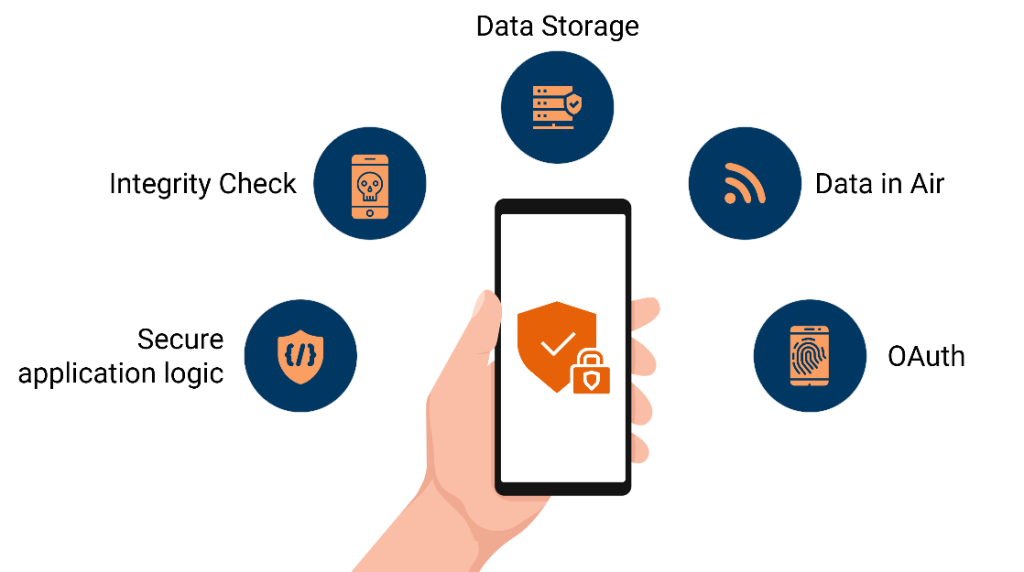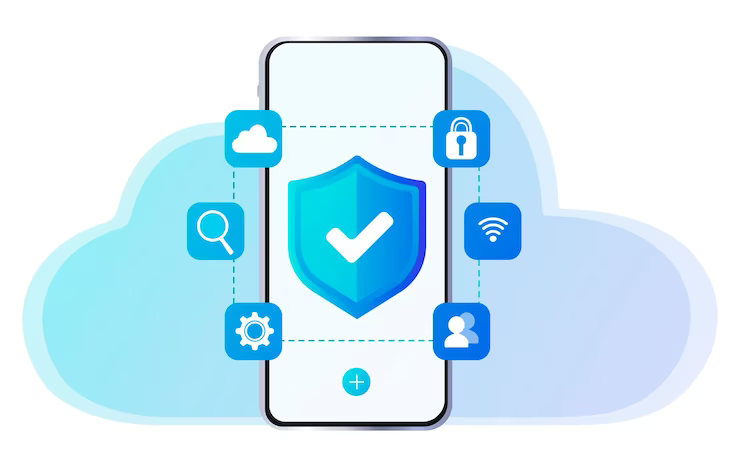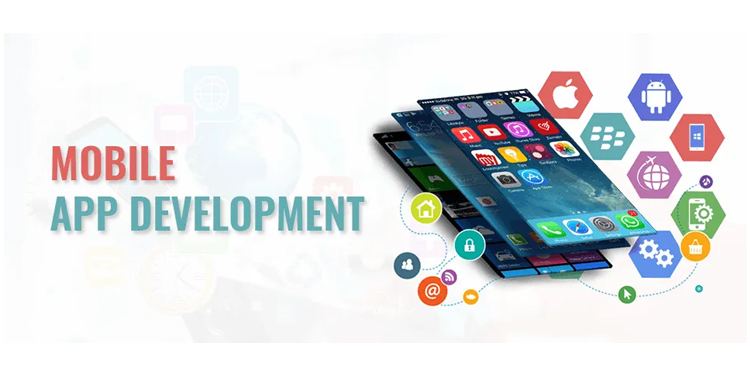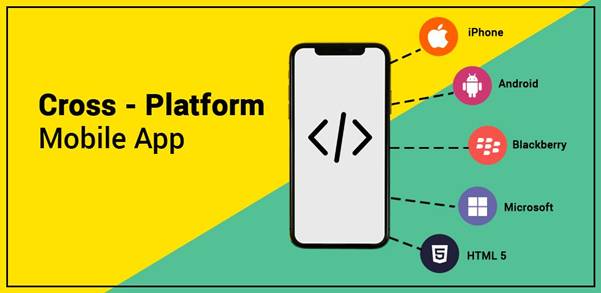In the fast-paced world of mobile app development, the demand for quicker turnaround times and efficient solutions has never been greater. Enter low-code and no-code platforms, revolutionizing the app development landscape by enabling developers and non-developers alike to create powerful, functional, and feature-rich mobile apps with unprecedented speed and ease. In this blog post, we’ll explore how these platforms are transforming mobile app development and the benefits they bring to businesses and individuals.
- Defining Low-Code and No-Code: Low-code platforms provide a visual interface for building applications with minimal manual coding. No-code platforms take it a step further by allowing users to create applications without any coding knowledge. Both approaches streamline the development process and reduce reliance on traditional coding methods.
- Rapid Prototyping and Iteration: With low-code and no-code platforms, prototyping and iteration become swift processes. Developers and business users can quickly build prototypes and gather feedback, making it easier to refine app concepts and functionalities in response to user needs.
- Empowering Citizen Developers: No-code platforms empower individuals without a technical background to contribute to app development. Business analysts, marketers, and other non-developers can create apps to solve specific business problems or enhance customer experiences without waiting for the IT department.
- Cost and Resource Efficiency: Traditional app development can be resource-intensive, requiring a skilled development team and substantial time and budget allocations. Low-code and no-code platforms reduce these requirements, enabling businesses to develop apps with smaller teams and less overhead.
- Accelerated Time-to-Market: The speed at which apps can be developed using these platforms significantly reduces the time-to-market for new products and features. This agility is particularly advantageous in competitive industries where getting ahead of the competition is crucial.



In conclusion, low-code and no-code platforms are transforming the landscape of mobile app development. These platforms offer a new level of speed, efficiency, and accessibility, allowing both developers and non-developers to contribute to the creation of innovative and functional mobile apps. As technology continues to evolve, the adoption of low-code and no-code platforms is poised to reshape the way we approach app development, enabling businesses to stay competitive in a rapidly changing digital world.














